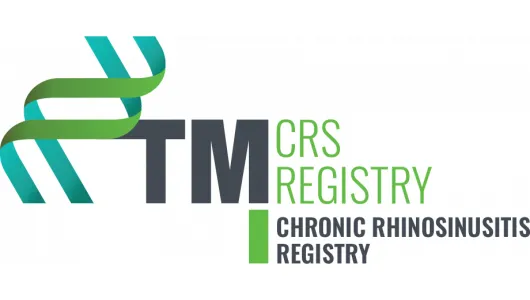
CRS Registry
Chronic rhinosinusitis causes daily discomfort in 5-12% of the population. Its symptoms make patients' quality of life worse than that of angina or chronic heart failure. The cost of treating patients is also a major burden on healthcare systems worldwide, costing nearly £3000 per patient, according to a study in England. Decades of research into the aetiology and pathogenesis of CRS have not previously excited clinicians as they have had little impact on 'template' treatment regimens. New biological treatments are changing this situation radically. A correct diagnosis is based on the patient's complaints for more than 3 months, the clinical signs present, the lesions seen on imaging (CT or MRI) and the presence of laboratory abnormalities of type 2 inflammation. Depending on whether typical mucosal lesions (nasal polyps) are found on nasal endoscopy, a distinction is made between the polyposis form (CRSwNP) and chronic inflammation without polyp formation (CRSsNP). However, the clinical presentation of CRS in everyday practice is highly heterogeneous (phenotype). Biological factors, environmental factors, the immunological status of patients, their responses to inflammation and their co-morbidities are still not fully understood and influence the phenotype of the disease and the treatment response of the individual.
The establishment of a national register would greatly facilitate the analysis of factors that are still unknown, the evaluation of responses to therapy and the establishment of benefit-risk ratios, as well as the carrying out of cost analyses and cost-effectiveness studies.